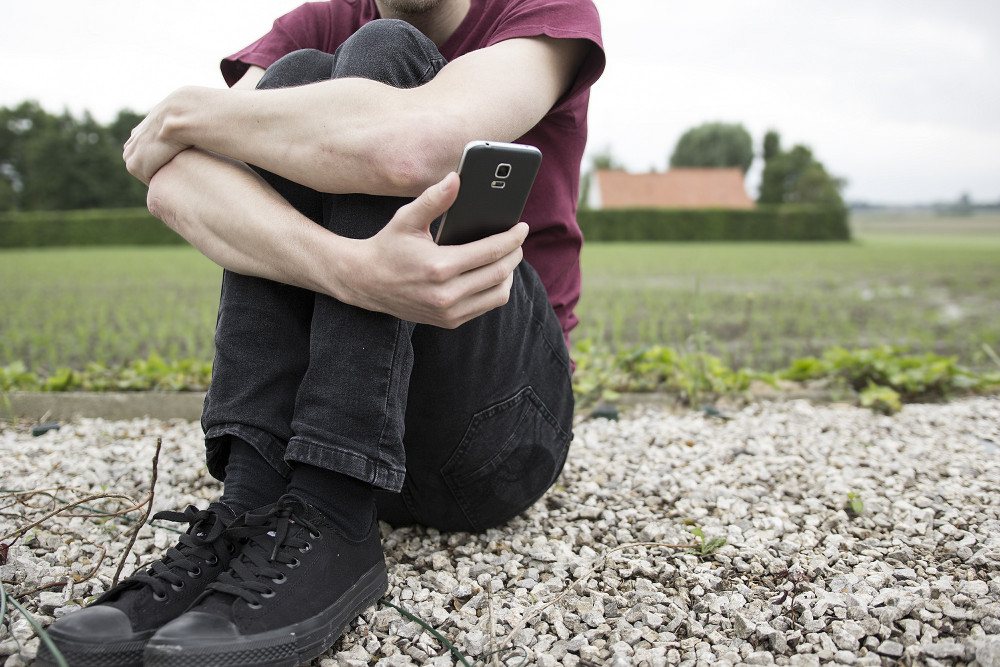YouTuber Wins Landmark Revenge Porn Case
"To every victim of this insidious kind of attack, I am here to say: You can fight back, and win."
Online stalking (or cyberstalking) is harassment where technology is used persistently to intrude upon others in the knowledge that contact is unwelcome.

Advances in technology present greater opportunity for criminals to stalk.